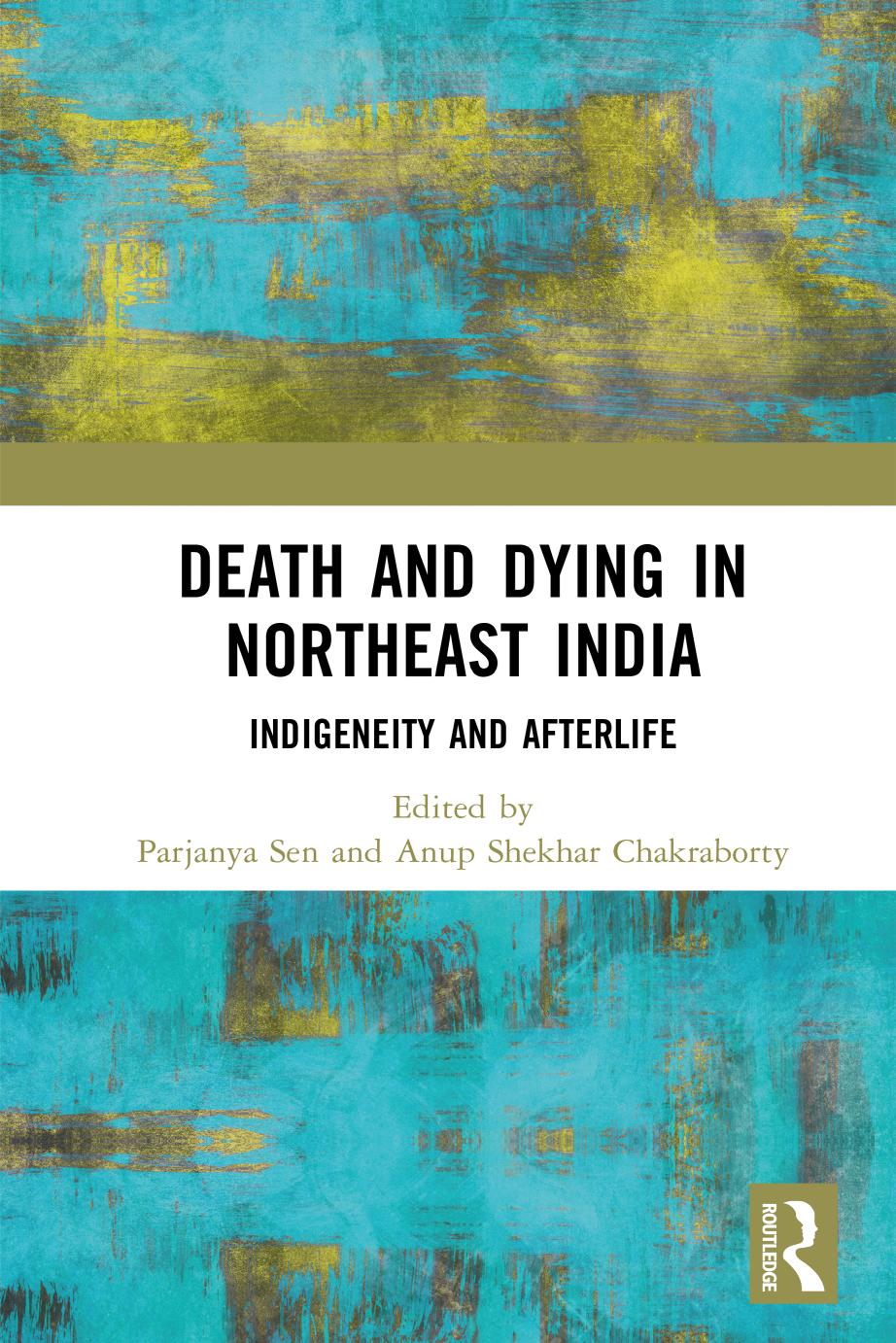

Most ebook files are in PDF format, so you can easily read them using various software such as Foxit Reader or directly on the Google Chrome browser.
Some ebook files are released by publishers in other formats such as .awz, .mobi, .epub, .fb2, etc. You may need to install specific software to read these formats on mobile/PC, such as Calibre.
Please read the tutorial at this link: https://ebookbell.com/faq
We offer FREE conversion to the popular formats you request; however, this may take some time. Therefore, right after payment, please email us, and we will try to provide the service as quickly as possible.
For some exceptional file formats or broken links (if any), please refrain from opening any disputes. Instead, email us first, and we will try to assist within a maximum of 6 hours.
EbookBell Team

4.4
102 reviewsThis book formulates a new pedagogy of death with regard to Northeast India and shows how this pedagogy offers an understanding of alternative knowledge systems and epistemes.
In documenting a range of customs and practices pertaining to death, dying and the afterlife among the diverse ethnic communities of Northeast India, the book offers new soteriological, epistemological, sociological and phenomenological perspectives on death. Through an examination of these eschatological practices and their anthropological, theological and cultural moorings, the book aims to reach an understanding of notions of indigeneity with regard to Northeast India. The contributors to this book draw upon a range of subjects— from songs, literary texts, monuments, relics and funerary objects to biographies to folktales to stories of spirit possessions and supernatural encounters. It collates the research of scholars primarily from Northeast India, but also from Eastern India and offers an interdisciplinary analysis of these various belief systems and practices.
This book will of interest to those researchers and scholars interested in South Asia in general and Northeast India in particular, and also to those interested in the social anthropology of religion, cultural studies, indigenous studies, folklore studies and Himalayan studies.